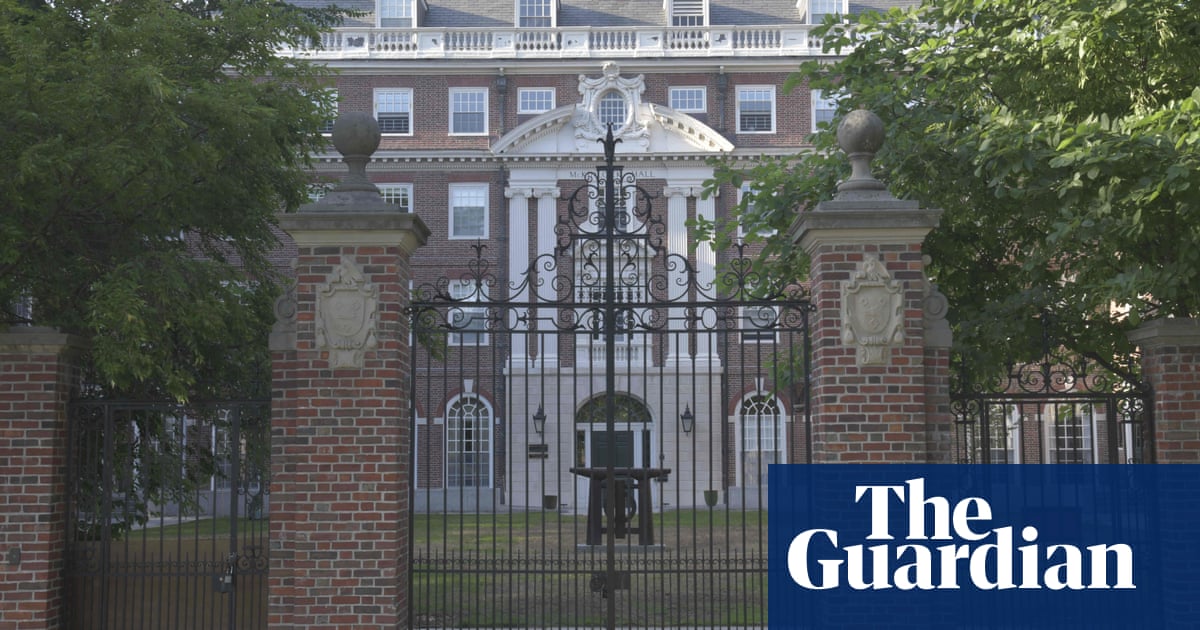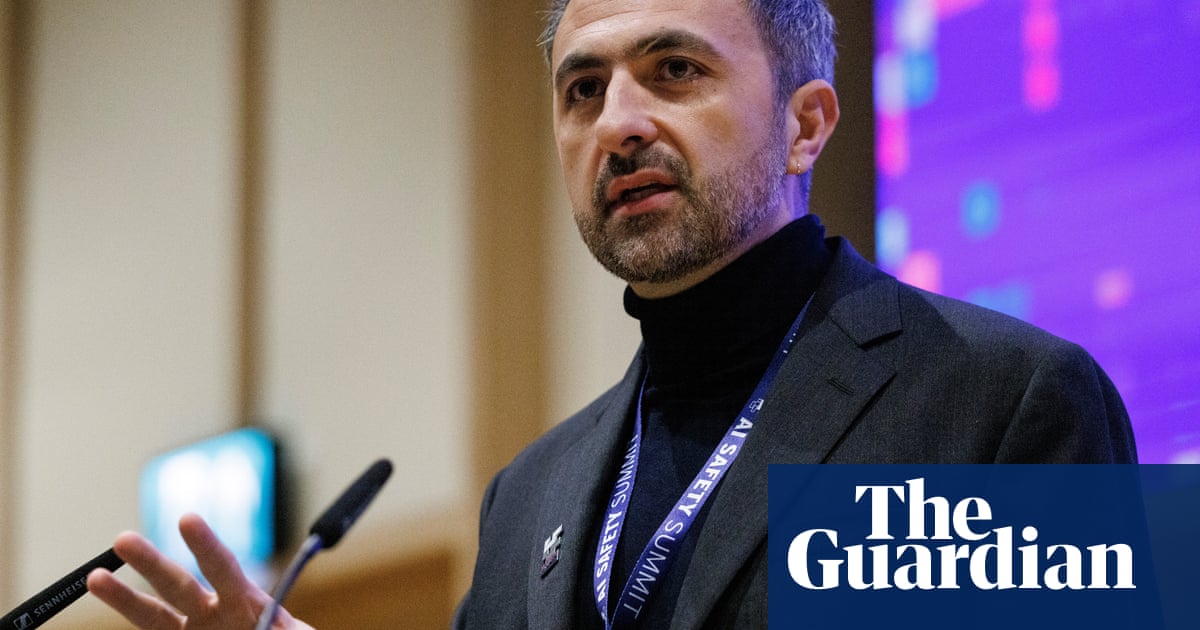Almost 200 international hotels are operating or planning to open in Xinjiang, despite calls from human rights groups for global corporations not to help “sanitise” the Chinese government’s human rights abuses in the region, a report has said.
The report by the Uyghur Human Rights Project (UHRP) identified 115 operational hotels which the organisation said “benefit from a presence in the Uyghur region”. At least another 74 were in various stages of construction or planning, the report said. The UHRP said some of the hotels also had exposure or links of concern to forced labour and labour transfer programmes.
The explosion in hotel numbers coincides with the Chinese government’s efforts to push Xinjiang as a tourism destination after years of criticism and sanctions over its crackdown on the local Muslim population. In 2024 Xinjiang recorded about 300 million visitors, according to state media, including almost 5 million foreign tourists – 50% more than in 2023.
Several world governments and legal groups have declared the government’s actions against Uyghurs and other ethnic minorities to be a genocide, although this has not been settled in any international court.
The UN says that China’s policies in Xinjiang may amount to crimes against humanity. Human Rights Watch has said the policies – which include mass internment and re-education, forced labour, and criminalisation of acts of religious expression – amount to crimes against humanity. China’s government denies all accusations of abuse and mistreatment in Xinjiang.
Human rights groups have argued that the presence of foreign enterprises in Xinjiang lends legitimacy to the Chinese government’s crackdown, and called on firms to leave. In November, the vehicle manufacturer Volkswagen sold its Xinjiang factory after years of pressure.
But as Beijing promotes Xinjiang as holiday destination for domestic and international tourists, the spotlight has turned to foreign tourism businesses. In 2023 the Guardian reported on a number of tour operators advertising holiday packages to Xinjiang. Now, hotel companies appear to be increasing their business there.
Well known brands, including France’s Accor, Hilton, the British IHG Group, Marriott and Wyndham are among hundreds of existing or developing hotels across the region. The sites listed include luxurious upmarket hotels in city locations as well as ski resort areas, where the Chinese government has heavily invested in winter tourism.
The report said three companies – Hilton, IHG, and Wyndham – all had hotels, and potentially paid fees or taxes – in areas administered by China’s state-owned paramilitary entity, the Xinjiang Production and Construction Corps (XPCC). Sanctions have been passed on the XPCC by several governments, including the US, UK and EU, over “serious rights abuses against ethnic minorities”.
Peter Irwin, associate director for research and advocacy at UHRP, said: “This kind of hotel expansion, from international chains in particular, falls squarely within the Chinese government’s own strategy to try and normalise the public’s understanding of what’s going on in the Uyghur region.
“The government can point to these major companies entrenching themselves in the region as evidence that everything is normal, despite mountains of evidence to the contrary.”
One recently opened hotel, by a Hilton franchisee, was built on the site of a mosque in Khotan that was demolished amid a government campaign in which more than 10,000 religious sites were destroyed.
“Building a hotel on the site of a demolished mosque is particularly egregious, given that the Chinese government has undertaken a broad campaign to tear down mosques across the Uyghur Region since 2017,” the report said. It said the hotel was not visible on English-language travel booking sites but China’s CTrip showed reviews dating back to about mid-2024.
Tuesday’s report assessed government records, corporate records and media articles, to determine whether hotels had other links of concern, including ownership structures with particular Chinese companies and involvement in state programmes identified by human rights researchers.
In another case study, the report identified links between Accor’s Grand Mercure Urumqi Hualing hotel and a training and employment programme. A state media report from one symposium said a human resources director from the hotel had visited and signed letters of intent with many students.
The symposium was targeted at young people and “surplus rural labour” workers from ethnic minorities, as part of the government’s poverty alleviation and “social stability” goals. The government says its Xinjiang employment schemes are part of “poverty alleviation” efforts but has been accused of forced labour and labour transfer programmes that breach human rights.
The report also said Accor’s strategic partner in China, H World Group Limited, had used a recruitment and training programme, Xinjiang Aid, which a US congressional investigation found contributed to the risk of human trafficking. In 2020 four US agencies warned the programme may make use of internment camp labour or workers from “abusive labour programmes”.
“These hotels continue to operate and expand business in a region in which Uyghur families have been torn apart by internment, imprisonment, forced labor programmes, and enforced disappearances,” said Dr Henryk Szadziewski, co-author of the report and director of research at the UHRP.
The report called for the hotel chains to initiate “immediate reviews” of their operations, given they had all made pledges to adopt international human rights standards. It urged them to freeze expansion plans, halt operations and sever business ties.
“They should publicly disclose their decision to exit, conduct heightened human rights due diligence, and engage with Uyghur rights organisations for remediation,” the report said.
The Guardian contacted Accor, Hilton, IHG, Marriott, and Wyndham for comment, but none have responded.
Timothy Grose a professor of China studies with expertise in ethnic policy at the Rose-Hulman Institute of Technology, said investing in the region’s tourism was not a bad thing in principle.
“In fact, the investments could bring great benefits to local economies,” he said. “However, if recent history repeats itself, the construction of new hotels, which may attract thousands of tourists, will unlikely translate into improvements in the lives of Uyghurs, Kazakhs, and other minoritised groups.”
“Perhaps most immediately, shiny hotels and droves of tourists attempt to paint the picture that human rights abuses certainly cannot be occurring in such a ‘happy’ and ‘thriving’ place. Unfortunately, this strategy seems to have achieved some degree of success.”

 2 months ago
44
2 months ago
44

















































